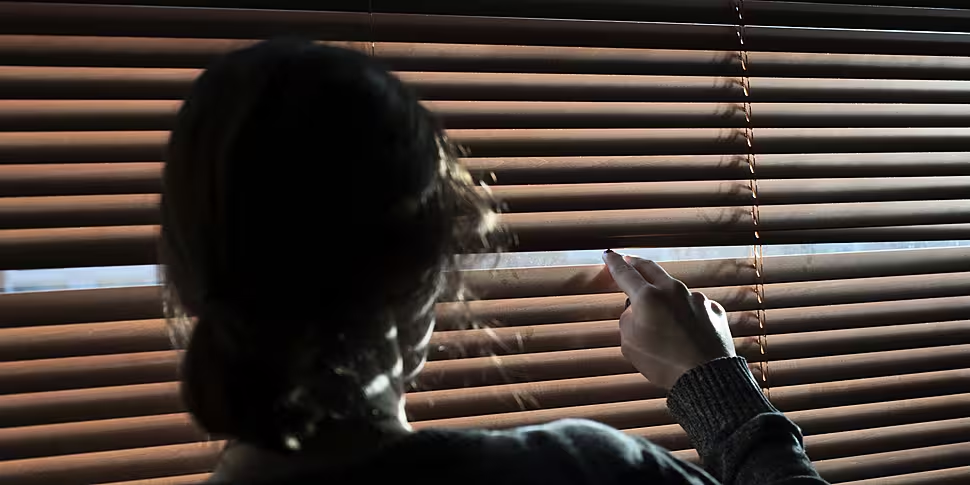The first Irish study of people who have been stalked or harassed has revealed that, in most cases, the perpetrators were known to them.
The University College Cork (UCC) report, carried out in partnership with the Sexual Violence Centre Cork (SVCC) is the first Irish study of people who have been stalked or harassed.
The study was prompted by the bravery of Cork woman Una Ring and University of Galway student Eve McDowell who spoke out about their experiences of stalking and who advocated for the introduction of a new, standalone stalking offence.
 The Justice Minister Helen McEntee with campaigners Una Ring and Eve McDowell and Fianna Fail Senator Lisa Chambers at the launch of proposed new legislation making stalking and non-fatal strangulation standalone offences, 21-04-2022. Image: Leah Farrell/RollingNews
The Justice Minister Helen McEntee with campaigners Una Ring and Eve McDowell and Fianna Fail Senator Lisa Chambers at the launch of proposed new legislation making stalking and non-fatal strangulation standalone offences, 21-04-2022. Image: Leah Farrell/RollingNewsThe report makes ten recommendations, including the need for an information campaign on stalking and harassment, improvements in Garda training, and changes to the proposed new wording of stalking offences.
It also found that perpetrators identified by the victims were mostly known to them – with survivors noting that partners, ex-partners, acquaintances, friends or work colleagues were often responsible.
Respondents reported being threatened, physically attacked, and sexually assaulted:
- There were 367 reports of the perpetrator threatening to harm themselves around the respondent.
- Having pictures or recordings taken without consent was mentioned 270 times.
- There were 170 reports of private images of a very personal nature being shared.
- Some 44% of respondents indicated that the perpetrators threatened to harm them or those close to them, directly or indirectly.
The report found that inappropriate texts, WhatsApps or emails were the most common forms of malicious communications identified by respondents.
Changing routes from home or school and giving up social activities were the most common social impacts mentioned.
Meanwhile, long-term psychological distress was apparent among respondents – with anxiety being the most frequently reported psychological consequence of the stalking.
Fear, increased distrust and sleep disturbances were the next most frequently reported consequences.
 Una Ring and Eve McDowell at the launch of proposed new legislation making stalking and non-fatal strangulation standalone offences, 21-04-2022. Image: Leah Farrell/RollingNews
Una Ring and Eve McDowell at the launch of proposed new legislation making stalking and non-fatal strangulation standalone offences, 21-04-2022. Image: Leah Farrell/RollingNewsRespondents to the report also highlighted the significant financial impact they experienced – with 401 respondents (45%) indicating that they spent money on psychological help, legal advice or the installation of security systems.
Meanwhile, just 42% of respondents reported the incidents to An Garda Síochána.
More than 1,000 participants responded to the survey.
A new offence of stalking has been proposed by the Government recently and it’s expected that this new stalking report will inform that legislation.









